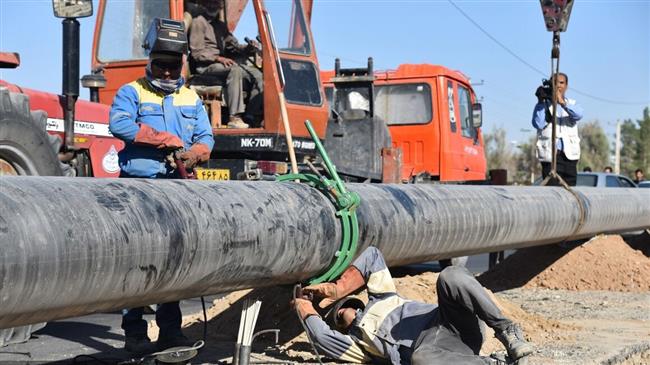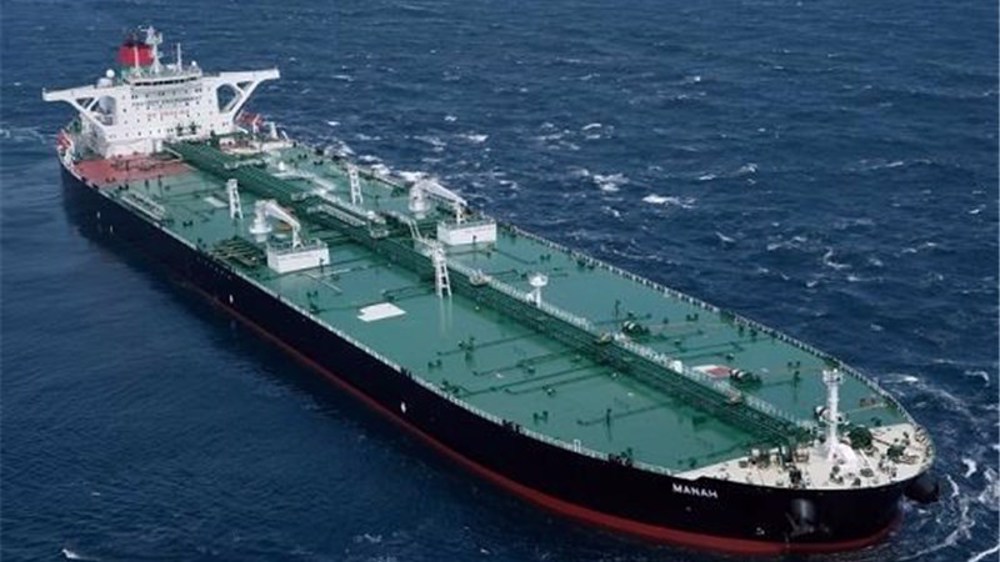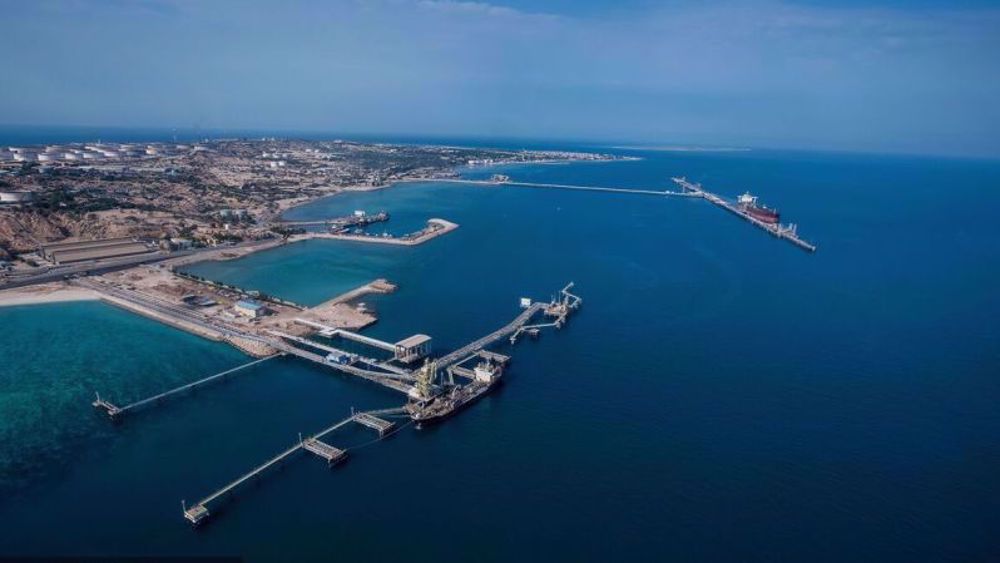Iran launches 933 km of new energy pipelines
Iran has expanded its energy pipeline network by 933 kilometers as the country aims to reduce costs related to the transportation of petroleum and gas products.
Iran’s Oil Minister BIjan Namdar Zanganeh inaugurated three new pipelines on Monday to bring the total length of the country’s energy pipeline network to 13,000 kilometers.
The new pipelines would carry petroleum products between locations in central Iran and in northwest of the country. They have cost 80 trillion rials plus 98 million euros (a total of $437.6 million) according to Zanganeh.
The minister said energy pipeline capacity in Iran had reached 1.5 million barrels per day of crude and petroleum products.
He said the launch of new pipelines in Iran would lead to a major reduction in transportation costs for energy products while it would mean lower illegal activity in a country rife with fuel trafficking because of low prices.
Zanganeh said expansion of energy pipelines had also caused a major boom in domestic pipe manufacturing and other related industries.
He said the government would push ahead with other major pipeline plans, including one that will transfer fuel produced in Iran’s largest gas condensate refinery on the Persian Gulf to areas in central Iran.
The minister also touched upon Goureh-Jask pipeline, the largest pipeline project in Iran’s oil history which in being constructed along the country’s southern coastline to transport crude from westernmost areas of the Persian Gulf to a port located just outside of the Strait of Hormuz.
He said pressure testing had started on parts of the pipeline, adding that it will be fully ready in early months of the next Iranian calendar year beginning March 21.
US vetoing of Gaza ceasefire resolution ‘disgraceful’: Iran’s UN envoy
VIDEO | IAEA adopts anti-Iran resolution tabled by E3
VIDEO | Iran's president urges Pope to help end Israel's onslaught in Gaza
Iran's senior legal official: ICC arrest warrant for Netanyahu ‘great victory'
Nov. 21: ‘Axis of Resistance’ operations against Israeli occupation
VIDEO | Israeli forces storm West Bank’s Jenin again, target civilians
Iran activates advanced centrifuges after IAEA's 'unjust' resolution
VIDEO | Press TV's news headlines











 This makes it easy to access the Press TV website
This makes it easy to access the Press TV website